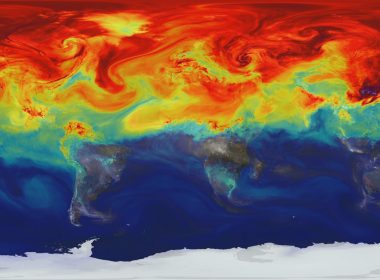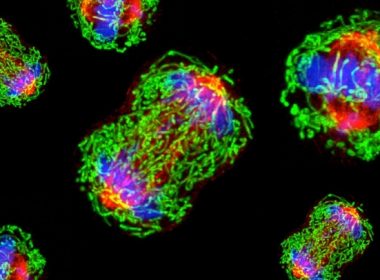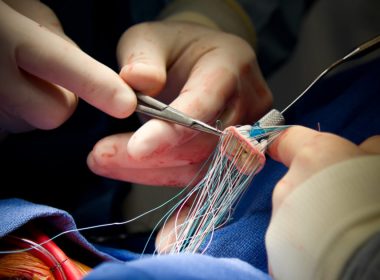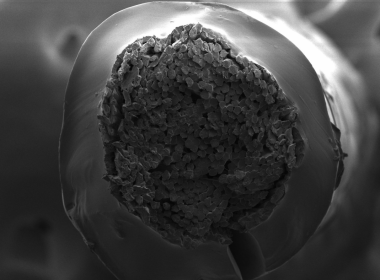Since 1821, McGill University has climbed the ranks and established itself among Canada’s high-performing research institutions. It is no understatement that McGill professors and alumni went on to excel in their respective fields, particularly in scientific domains. Ernest Rutherford, who was a professor of experimental physics at McGill, conducted world-renowned[Read More…]
Science & Technology
The latest in science and technology.
The social and environmental toll of concrete production
Names like McCall MacBain Arts, Redpath Museum, or Stewart Biology may bring to mind lecture halls and study spots, but all these McGill landmarks have at least one more thing in common: They all use concrete in their construction. Just about every infrastructure project in Montreal, and across the world,[Read More…]
Five science myths perpetuated by your favourite movies and TV shows
Movies and TV shows are notorious for sacrificing sound science in favour of cinematics that capture audiences’ attention. While this provides good entertainment, viewers may be shocked when scientific reality does not match up with fantasy. The McGill Tribune busts five incorrect portrayals of science in the popular media. Myth[Read More…]
Nature-based solutions are the future of climate change mitigation
Global biodiversity has been increasingly imperilled since the beginning of the Holocene, or the human age, but many scientists agree that biodiversity decline in the 21st century is akin to a sixth mass extinction. Without the transformation of many facets of society, species abundance will continue to decline, causing a[Read More…]
Feathered flirtations: Studying courtship song among zebra finches
Although studying the delicate rhythms of seduction among humans is deeply fascinating to many, some biologists prefer to devote their attention to the courtship rituals of birds. Being highly social animals, numerous species of birds display sophisticated forms of socialization, even “romance”—their bird song being an essential seduction technique. Avian[Read More…]
Proposed hydro dams put free-flowing rivers at risk
Many hydropower dam projects have been proposed around the world as countries shift toward renewable energy sources, in line with United Nations’ (UN) 2030 Sustainable Development Goals. However, a recent study conducted by the World Wildlife Fund (WWF) found that these proposed dam projects threaten the free-flowing status of 260,000[Read More…]
Using AI to save lives
Content warning: Mention of suicide and suicidal ideation. Young people aged 18-29 reported some of the highest rates of depression and anxiety during the COVID-19 pandemic. Even before the social isolation wrought by the pandemic, rates of suicidal ideation among college-aged individuals were troubling: In a 2019 sample survey of[Read More…]
McGill researchers set the stage for new triple-negative breast cancer therapy
A cancer diagnosis can radically change the course of a person’s life. Nearly one in two Canadians is expected to develop cancer over their lifetime, and one in four is expected to die from it. Fortunately, physicians have an increasingly effective array of treatments available to counter this devastating disease. [Read More…]
New aortic prosthesis reduces heart surgery operation time
On May 31, a research team at the Montreal Heart Institute (MHI) became the first in Canada to implant a new cutting-edge biological prosthesis into a patient’s heart. The main purpose of the device is to substitute a faulty aortic valve—a valve that regulates blood flow between the heart’s main[Read More…]
From benchtop to bedside: How tendon-inspired sutures can help heal wounds
Sutures, the threads designed to close wounds and promote healing, have been used for thousands of years, having originated in ancient Egypt. Since their invention, physicians and scientists have experimented with a wide array of materials, from hemp and cotton to more modern synthetic fibres. New techniques have been developed[Read More…]















